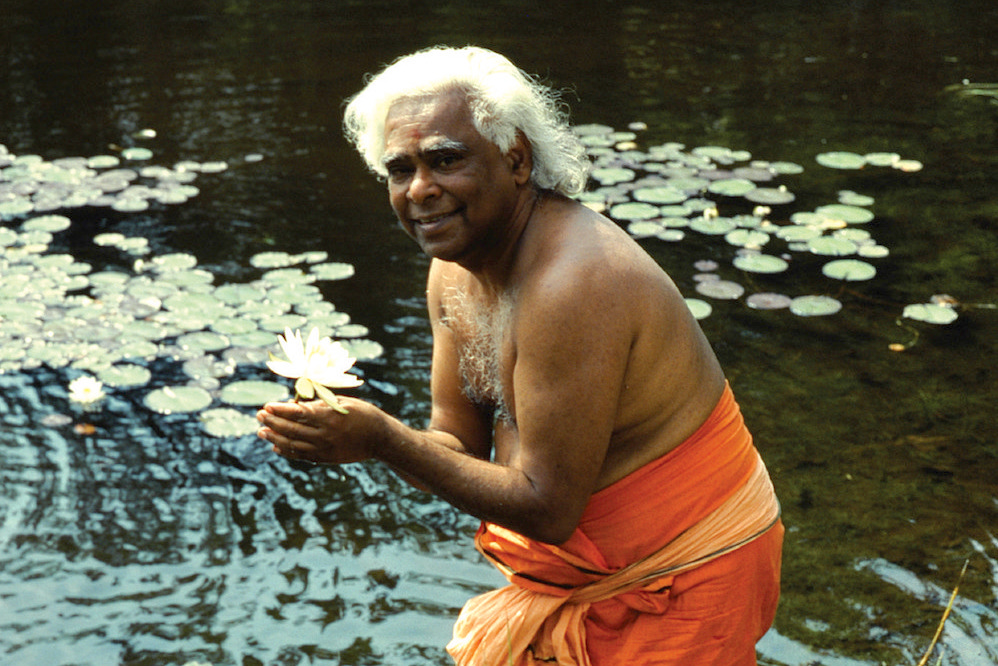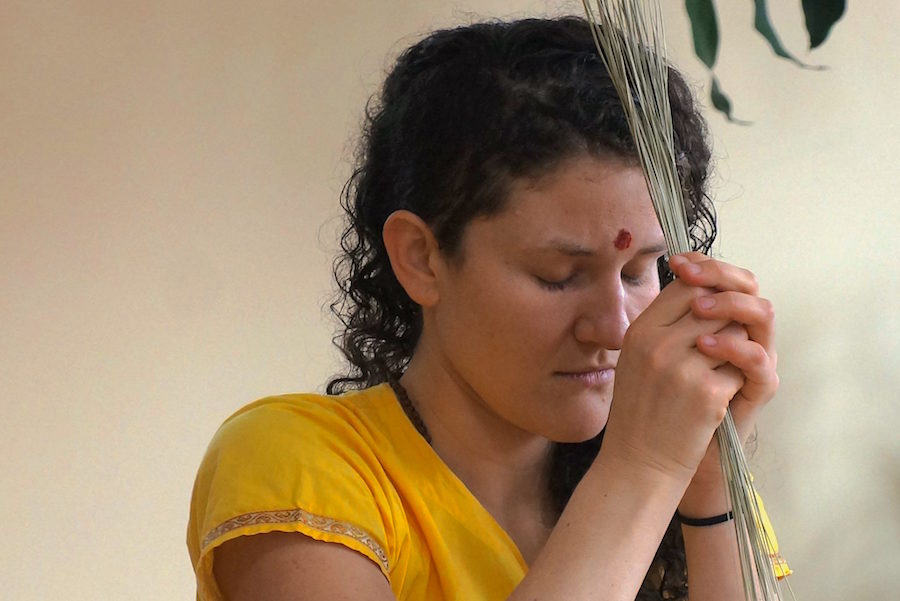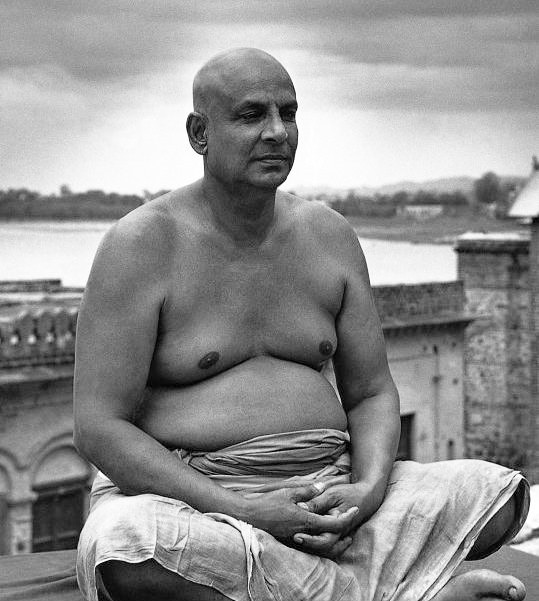The Yoga of Love and Devotion
Bhakti Yoga, the devotional approach of pure love and compassion, is the second of the Four Paths of Yoga, and it is where we begin to see all that is as the embodiment of Love.
Bhakti Yoga is the path of channeling and transmuting our emotional nature into a higher purpose. Through prayer, worship and ritual we surrender ourselves to a Higher Being. By developing humility, self-surrender, and the feeling of being an instrument in the hands of a Higher Source, we become free from our emotions as we begin to step into the experience of Self.


Practice of Bhakti Yoga
1. Right Attitude
Bhakti is love for love’s sake. The devotee wants Spirit and Spirit alone. There is no selfish expectation, nor is there fear. Bhakti is intense devotion and supreme attachment to a Higher Source. Bhakti is supreme love for the Divine. It is the spontaneous out-pouring of Prem, or pure unselfish love, towards the Beloved. There is not a bit of bargaining or expectation of anything here. This higher feeling is indescribable in words. It has to be sincerely experienced by the devotee.
2. Right Motive
We go from stage to stage. Just as a flower grows in the garden, so the Yogis teach to gradually develop love or Prem in the garden of our heart. The enemy of devotion is egoism and desire. Where there is no Kama or desire, there alone will Rama (the Divine) manifest. The enemies of peace and devotion are lust, anger and greed. Anger destroys our peace and our health as well. When somebody abuses us, keep peaceful. We lose vitality if we become a prey to fits of temper. And again, all is practice.
3. Opening to Self
It is said that a devotee should sit before a learned teacher and hear Divine stories, listening with a sincere heart devoid of the sense of criticism or fault-finding. Studying for oneself without the company of saints or wise teachers, though very beneficial, has its challenges, especially regarding ego. When we begin to learn to open to the Will beyond our own, we being to open to Divine Grace – the transformation of the mundane into the Eternal.
4. Serving the Self in All
The devotee offers everything to the Beloved, including body, mind, and soul. The aspirant even offers their own self. Bhakti Yoga is a path that teaches us that grief and sorrow, pleasure and pain – all are gifts sent by God, all effects of being a puppet of the Supreme and an instrument in the hands of the Almighty. This is the culmination of aspiration and love. The fruits of Bhakti is Jnana. Knowledge or wisdom will dawn by itself when Bhakti Yoga is practiced. As such, Bhakti is a beautiful path of discovery, a direct road to the Divine, to connecting with Cosmic Consciousness.
Swami Sivananda on Cultivating Bhakti:

“Bhakti is a thorough discipline and training of one’s will and the mind, a path to intuitive realization of the Supreme through intense love and affection. You can achieve Bhakti by following the eleven fundamental factors which Sri Ramanuja had prescribed:
Fundamental factors of Bhakti
• Abhyasa (practice of continuous thinking of the Supreme)
• Viveka (proper discrimination)
• Vimoka (freedom from everything but longing for the Supreme)
• Satyam (truthfulness)
• Arjavam (straightforwardness)
• Kriya (doing good to others)
• Kalyana (wishing well-being to all)
• Daya (compassion)
• Ahimsa (non-injury)
• Dana (charity)
• Anavasada (cheerfulness and optimism)
